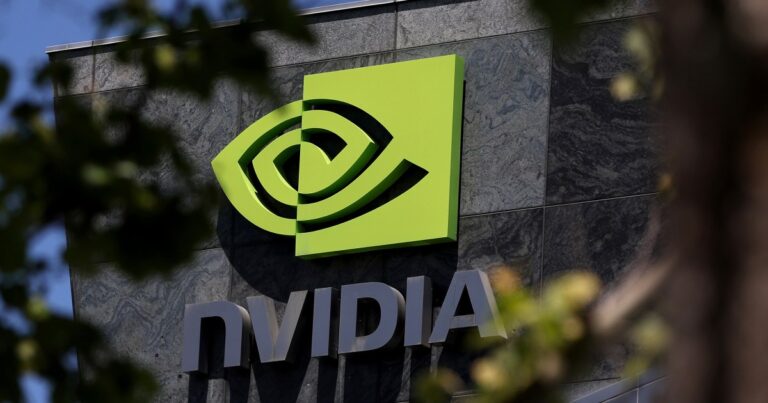China on Monday accused U.S. chipmaker Nvidia of violating antitrust laws, a move that puts the two countries already on edge as President-elect Donald Trump prepares for his second inauguration. This is likely to further escalate trade relations between the two countries.
China’s state market regulation department said the investigation is related to Nvidia’s 2019 acquisition of Mellanox, a global supplier of computer networking equipment.
China conditionally approved the acquisition in 2020.
Nvidia said in a statement that it is “willing to answer any questions from regulators” regarding its business.
“NVIDIA wins on merit, as reflected in our benchmark results and value to customers, allowing customers to choose the solution that works best for them. We strive to provide the best products and honor our company,” the company said. That’s our promise everywhere we do business. ”
The company’s stock price fell about 3% after the market opened on Monday.
The outgoing Biden administration last week announced new export controls on U.S. semiconductors aimed at limiting China’s ability to use them to develop weapons and advanced artificial intelligence systems.
China immediately accused the United States of bullying and hypocrisy and imposed an embargo on critical supplies against the United States.
“The United States preaches one thing while practicing another, overextends the concept of national security, abuses export control measures, and engages in unilateral bullying behavior. “We firmly oppose this,” China’s Ministry of Commerce said in a statement.
The United States and France have also launched investigations related to Nvidia’s market dominance, albeit on different grounds.
The Santa Clara-based company’s chips have become the processor of choice for technology companies leading the AI revolution, driving up the overall U.S. stock market over the past year. By 2024, Nvidia’s stock price had nearly tripled, making it one of the most valuable companies in the world.
After taking office, President Trump promised to impose harsh tariffs on China. He recently selected former Georgia Sen. David Perdue, whom Chinese think tanks have accused of being “anti-China,” to be the U.S. ambassador to China. He also tapped Peter Navarro, an economist who supports tariffs, as a trade and manufacturing adviser.

